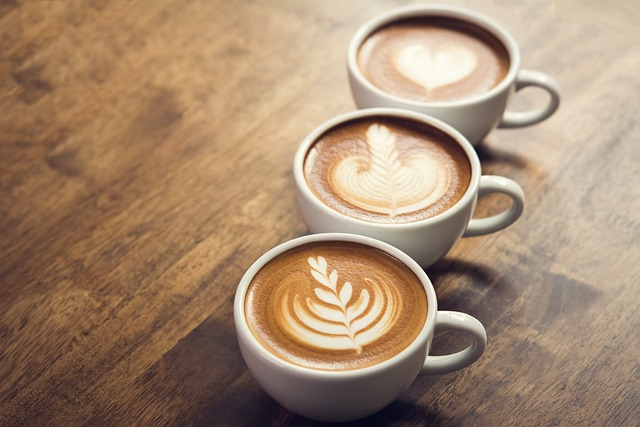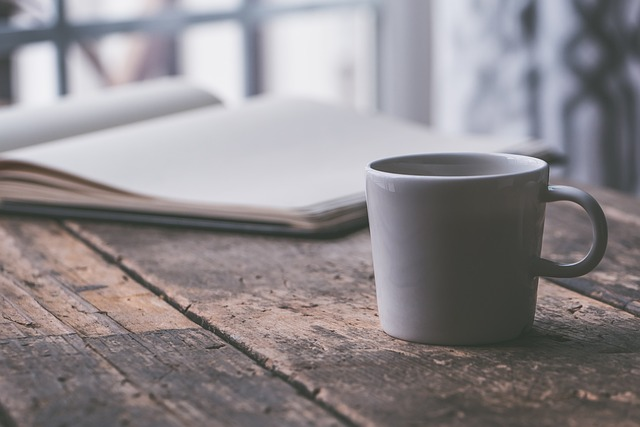
How Much Caffeine Does Half Caff Coffee Contain?
Share
Highlights
-
Half caf coffee is a 50-50 blend of regular and decaf coffee that generally contains half the caffeine of a normal cup. Most half-caf will have 40-50mg of caffeine. Many aficionados love half-caf because it strikes a balance between flavor and caffeine content. Our half-caf Mexican roast is a great starting point.
-
Decaf coffee is short for "decaffeinated coffee". These are regular coffee beans that have generally been treated to reduce their caffeine content by up to 97%, or nearly completely. PS - did you know our decaf (Peru and Mexico) are decaffeinated using Swiss Water Process, not chemically.
-
Half-caf coffee is a general term, and you can make a great cup of half-caf with any blend you like. The point is to control how much caffeine you consume!

What is Half Caf Coffee?
Maybe caffeinated coffee gives you reflux or you don't like the acidity, or you simply get a little jittery from all that buzz.
But then, decaf coffee doesn't give you quite that energy boost regular coffee does.
Enter half caff coffee: fill a cup (or your coffee maker) halfway with regular coffee and top it off with decaf coffee. The result is what coffee aficionados call "half-caff coffee" because it generally contains about half the caffeine of regular coffee!
Simple.
A great coffee roaster will always have a house blend or decaf they can offer you to blow your mind. However, you can make a coffee with the perfect caffeine levels yourself, too.
Choose a regular roast and a decaf roast that you love: ideally, these will be the same blend/roast to preserve flavor. Grind both the regular and decaf beans to the same coarseness, then brew them like any normal cup, creating a smooth and rich beverage that has half the caffeine but preserves those flavors you enjoy so much.
The allure of half-caff coffee is that for many people it strikes a balance between flavor and caffeine intake. The idea is that the final product gets you the same richness but with a gentler caffeine kick.
What is Decaf Coffee?

To understand what half-calf coffee is, we should first talk a little but about decaffeinated coffee beans.
In short, decaf coffees are made from regular coffee beans that undergo a refinement process that removes almost all their caffeine content while preserving their flavor.
According to the National Coffee Association, decaffeination generally removes over 97% of the caffeine present in beans. This means that while it might sound like it, decaf coffee is not caffeine-free. In comparison, half-caff coffee still contains about 50% of the usual amount of caffeine.
Our preferred decaffeination process involves soaking green coffee beans in water for long periods. This is the basis of the Swiss Water Process, which most manufacturers today use to create decaffeinated coffee without chemical solvents. Stripped to its core, it involves blanching green coffee beans in hot water for a while and then filtering the water with charcoal. The result is decaffeinated beans that have less caffeine and can then undergo the desired roasting process.
How Much Caffeine in Half Caf Coffee?
According to the FDA, a regular ~8oz cup of caffeinated coffee usually has around 100mg of caffeine. By contrast, black tea has about half that.
By extension, half caf coffee will have caffeine content of around 50mg.
The FDA also recommends no more caffeine daily than 300-400mg daily.

Some Pros and Cons of Decaffeinated Coffee
The main advantage of decaf coffee is obviously its lower caffeine content. If you're looking to moderate your caffeine intake but don't want to give up on your favorite cup of joe, it's pretty much the only way to go.
Many people take advantage of this and drink it even into the evening, reducing the risk of getting caffeine jitters or disrupting their sleep. However, many people argue that decaf coffee may lack the flavorful depth of regular coffee. While the decaffeination process preserves most of the flavor, subtle nuances can be lost, resulting in an unfamiliar flavor profile.
The use of chemical solvents in some decaffeination methods can also sound alarm to some coffee drinkers. While regulatory measures are in place to ensure there are as few toxins in coffee as possible, we stick with organic, solvent-free approaches to decaffeinating coffee at Philly Fair Trade.
Still, both regular coffee and decaf coffee have been shown to support our health in a variety of ways. It's not a stretch to say that half caf coffee has those same health benefits that we've written about in previous articles.
Make Your Own Half Caf Coffee With Philly Fair Trade
Curious to try your hand or experience the difference yourself? Check out our range of decaf coffees, including Decaf Peruvian coffee, our decaf Mexican coffee, and our new half-caf Mexican coffee blend!
